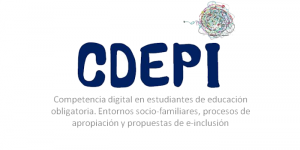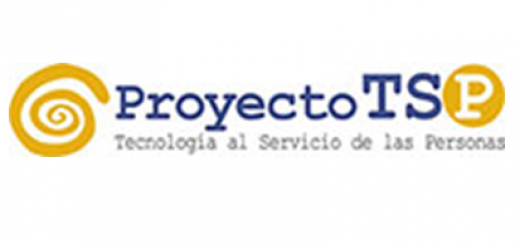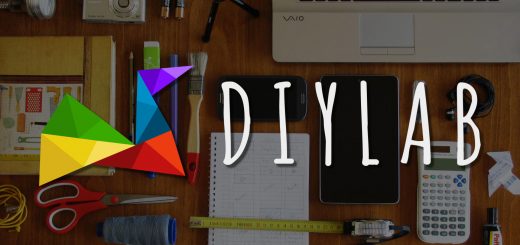CDEPI

Digital competence among compulsory education students: social and family environments, appropriation processes and e-inclusion proposals
Groups:
- Group of Research Stealle of the University of Santiago de Compostela (GI-1439)
- Groupo GITE-USAL of the University of Salamanca.
Dates: 2016-2019
Financing Entity: Ministry of Economy and Competitiveness. Nacional Plan of I+D+i (España). European Development Fund
of Economy and Competitiveness
Abstract:
CDEPI project (EDU2015-67975-C3-1-P) introduces itself as the integration and continuation of research by several groups in the last years. Coordinated by the research group Stellae of the Universidade de Santiago de Compostela (GI-1439 of USC) with a partner from the Universidad de Salamanca (USAL). The project intends to contribute to the knowledge about digital competence on compulsory students, and the possible relation that their learning can have in social inclusion processes.
The development of Digital Competence (DC) has great educational and social relevance in contemporary society. It represents a key aspect for addressing equal opportunities and economic development, citizen participation and social inclusion. The present project focuses on identifying, analyzing, evaluating and understanding the digital competence of students at two points in their compulsory education: at the end of primary stage (age 12) and during compulsory secondary education (age 16); the influence of this learning in the processes of social inclusion is also analysed in three autonomous communities in Spain (Galicia, Madrid and Castilla y León). We use as a reference the DIGCOM project, which understands DC to mean: “a set of knowledge, skills, attitudes, strategies and values that are put into action when technologies and digital media are used to perform tasks, solve problems, communicate, process information, collaborate, create and share content and create knowledge in a manner that is effective, efficient, appropriate, critical, creative, autonomous, flexible, ethical and reflective for work, leisure, participation, learning, socialization, consumption and empowerment” (Ferrari, 2012, p. 30).
The study will be carried out in two phases: the first will define DC (by setting dimensions and evaluation indicators). This definition will be approached from a exploratory qualitative perspective with multiple analytical cases studies intended to identify emerging indicators of digital competence in the reality being studied; recognizing the appropriation process; analyzing the relation with family roles (social and cultural background) and other educational agents; inquiring into the importance of peer groups, and revealing how the development of DC influences families. This is complemented by an examination of the theoretical proposals advanced in recent years at the national and international level. The second phase will be quantitative and builds on the first. It will focus on the design and validation of DC tests involving simulations of practical situations and problem solving. Once validated, the tests will be applied to a significant sample of students from the three regions mentioned. The analysis of the data obtained will permit a situational diagnosis of student DC in different educational and social contexts, and its relation to other socio-family variables, such as the degree of social inclusion/ exclusion, access to technological devices as well as information and communication networks, rural/ urban setting, peer group characteristics, family integration into digital society, and so on.
In this line, the general objective of the project would be to identify, analyze, comprehend and evaluate the digital competence that compulsory students possess and use in their daily life and their relationship with the process of social inclusion. To address this goal a research work with a mixed methodological proposal of quantitative and qualitative methods is contemplated.
WEB http://stellae.usc.es/cdepi/?lang=es






